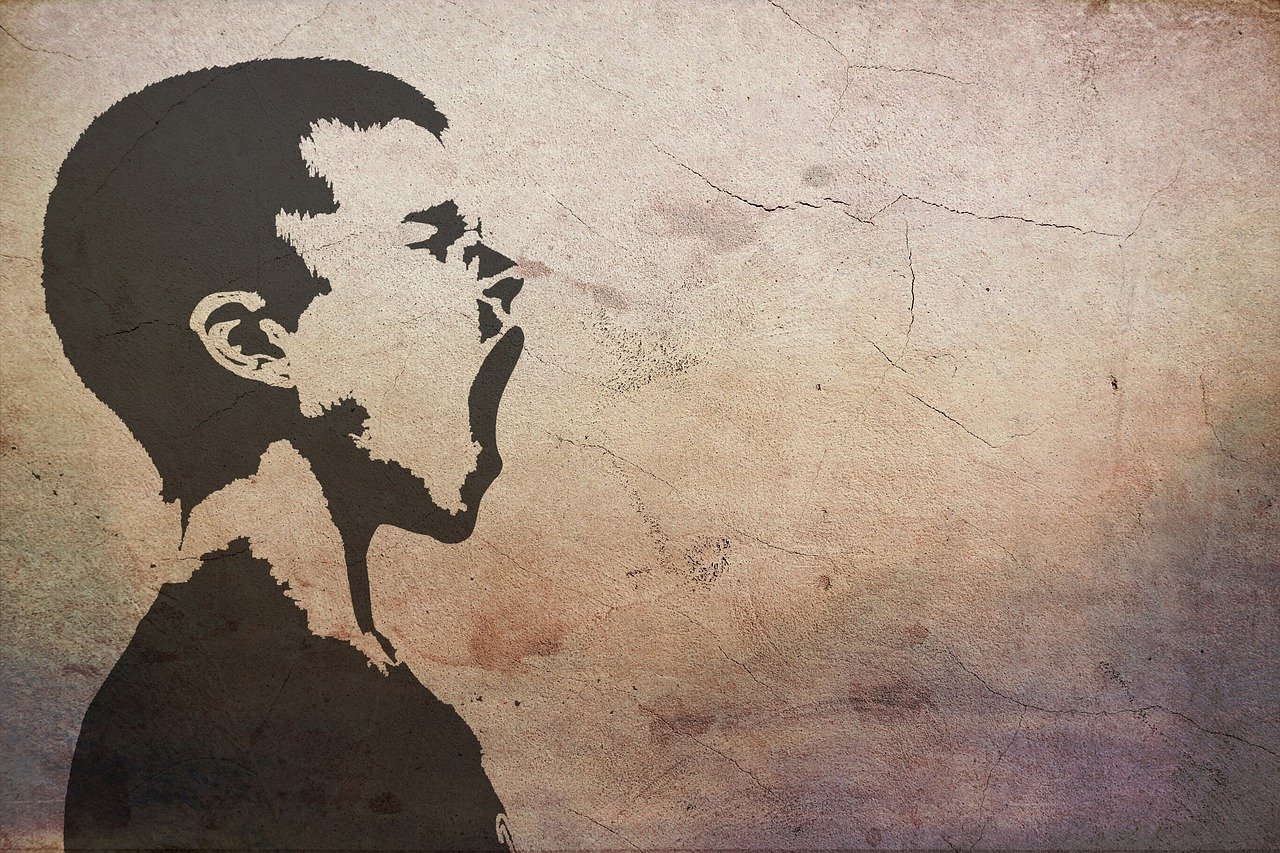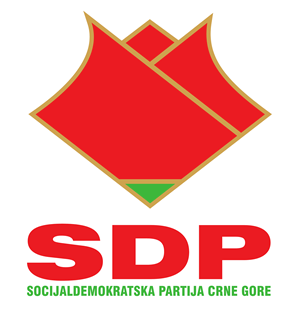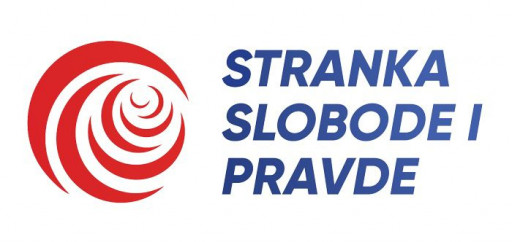Corruption has emerged as a formidable challenge, eroding public trust in political parties worldwide. In Romania, however, the effect has been felt even more strongly, given a deep distrust of the political process, a reminiscence of nearly 50 years of Communist rule and a savage experience of transition from that to democracy and a functional market economy. While the economic benefits of the profound changes taking place in Romania over the past three decades are much more visible (and more easily quantifiable), recent polls indicate a deep rift between citizens and politicians. According to the Winter 2022-2023 Eurobarometre (https://europa.eu/eurobarometer/api/deliverable/download/file?deliverableId=86637), a staggering 73% of Romanians distrust political parties. Previous polls (https://www.news.ro/politic-intern/sondaj-coruptia-este-principalul-motiv-pentru-care-romanii-pleaca-din-tara-1922401709002021121720499794) indicated that Romanians perceive corruption as being the main reason why citizens opt to leave the country and settle abroad. In 2022, 46% of Romanians answered that they perceive corruption as a problem they must confront in their day-to-day lives (https://www.g4media.ro/eurobarometru-72-dintre-romani-cred-ca-coruptia-este-larg-raspandita-in-romania-si-aproape-jumatate-spun-ca-aceasta-ii-afecteaza-in-viata-de-zi-cu-zi-cum-a-evoluat-perceptia-fata-de-mita-in-sistemu.html). While there is a substantial improvement since the previous poll in 2019, the situation remains deeply troubling, as this erosion of confidence in political parties disproportionately affects mainstream and moderate voices and creates a toxic environment of cynicism and apathy that is the perfect breeding ground for extremism and radicalism.
The National Liberal Party faces a major challenge in the years ahead. The party held the position of Prime Minister since 2019, overseeing the response to the pandemic, as well as the response to the opening phase of the war in Ukraine, with all the subsequent economic difficulties, such as soaring inflation, alarming energy prices, and general lack of optimism for the future (according to the Eurobarometre, 63% of Romanians say the country is heading in the wrong direction). While some of the public outcry has been over tough, but necessary measures (such as the mask mandates during the pandemic), some has been caused by allegations of corruption, e.g. acquisition procedures conducted by PNL-led public institutions.
In this context, it will be an uphill battle for PNL to substantially improve the public perception and disassociate itself from the accusation of corruption that is generally levelled at anyone wielding political power. Any measures taken in this direction should not aim for short-term perception changes and putative electoral gains as a result. On the contrary, the measures should aim for the consolidation of internal institutions and procedures that will ensure the survival of the party as a viable political force beyond the next electoral cycle and the long-term preservation of the Liberal legacy.
To proceed in this direction, I would suggest a mix of measures, aimed to improve the following:
a) Transparent and Accountable Financing. Although the party financing legislation imposes important measures to ensure accountability in the use of public funds, some loopholes still need to be closed, such as the large media buying contracts concealed beneath the generous umbrella of consultancy contracts. It must be noted, however, that the Romanian media market is skewed to such an extent that the media partners themselves would probably be reluctant about revealing the full extent of their contracts with political parties.
b) Strengthening Legal Frameworks. More clarity in the definition of abuse of power and corruption in the inner dealings of the party, for example when selecting political candidates or political appointees is probably needed. Additionally, increased protection for whistleblowers is needed, as current legislation has been accused by members of the civil society as being woefully inadequate.
c) Promoting Awareness. Creating an organizational culture and ethos of intolerance towards anything resembling corruption is a long-term effort, that should go hand in hand with the other efforts of educating party members (with matters relating to doctrine clarity, fighting hate speech, inclusiveness etc.)
d) Encouraging Public Participation. The most fruitful ground for corruption inside an organization is the closed-door policy, that keeps decision-making and career advancement in the hands of an inner circle of privileged party cadres. Opening the party to new members and providing clear pathways for political promotion (e.g., open primaries for candidate selection) can go a long way in limiting the effects of corruption.
Corruption presents a significant challenge to the social contract. However, by implementing the measures outlined above, PNL can take concrete steps towards rebuilding public trust. Not everything is easy to do, and some of the measures may be easier to implement while in opposition than while in government, but I believe that on the whole, this effort is essential for the preservation of PNL as a relevant political force.

-2_thumb.jpg)





